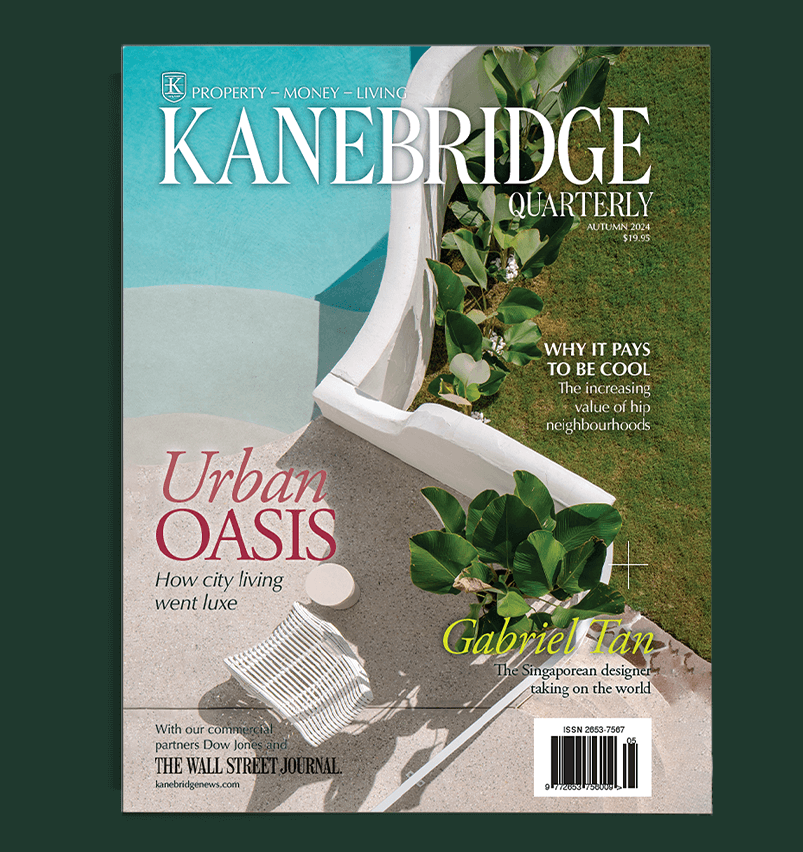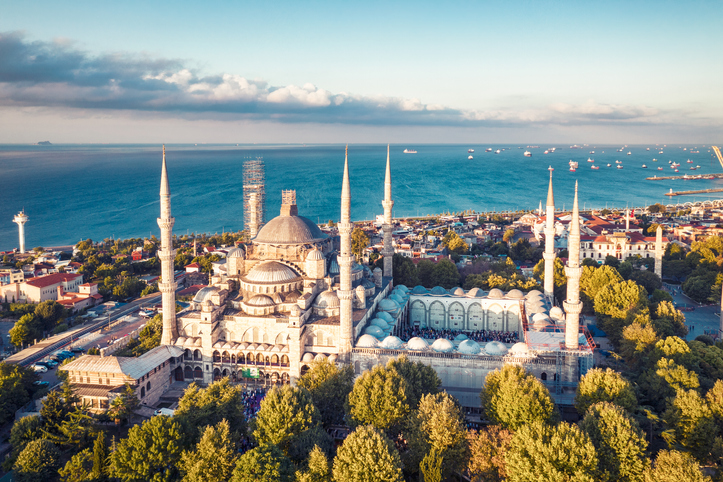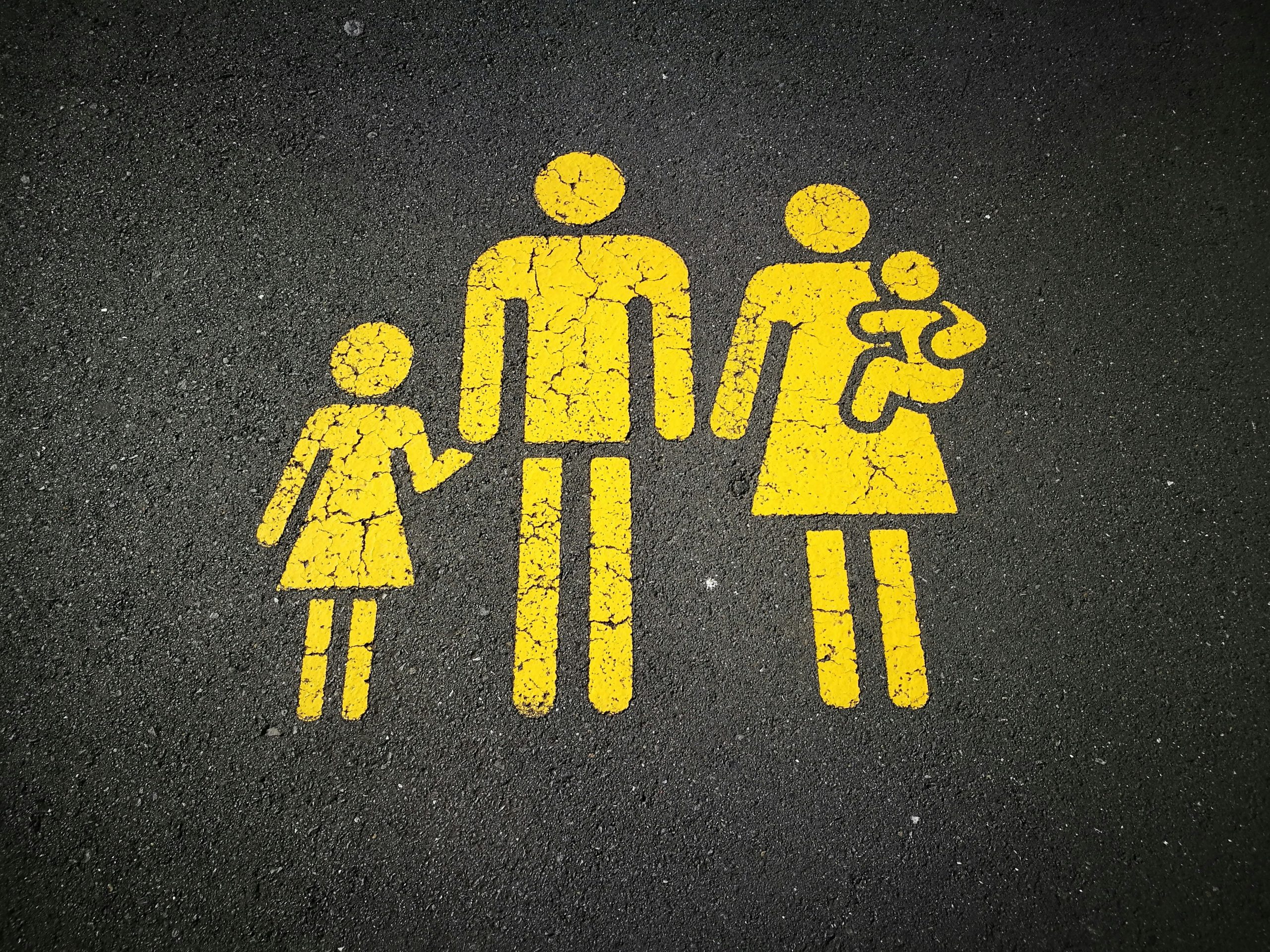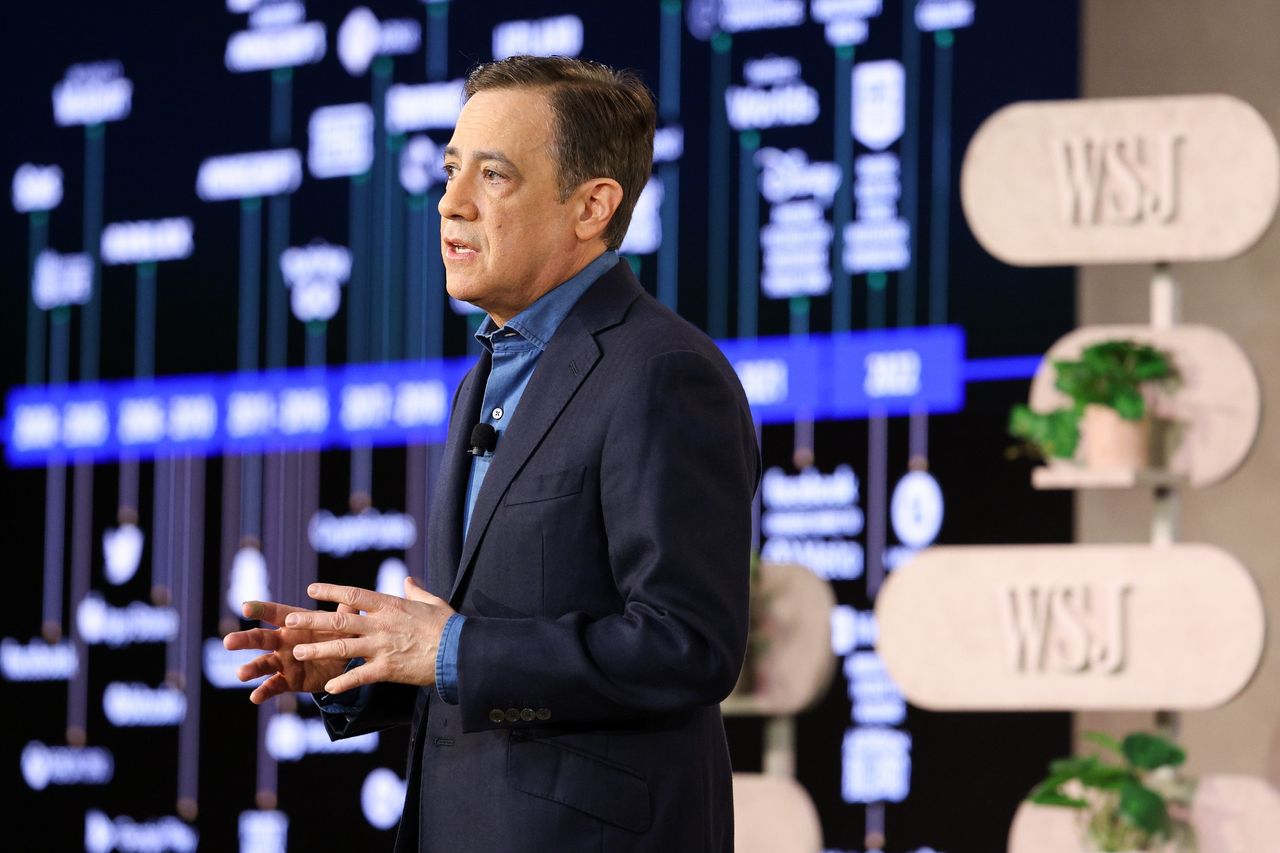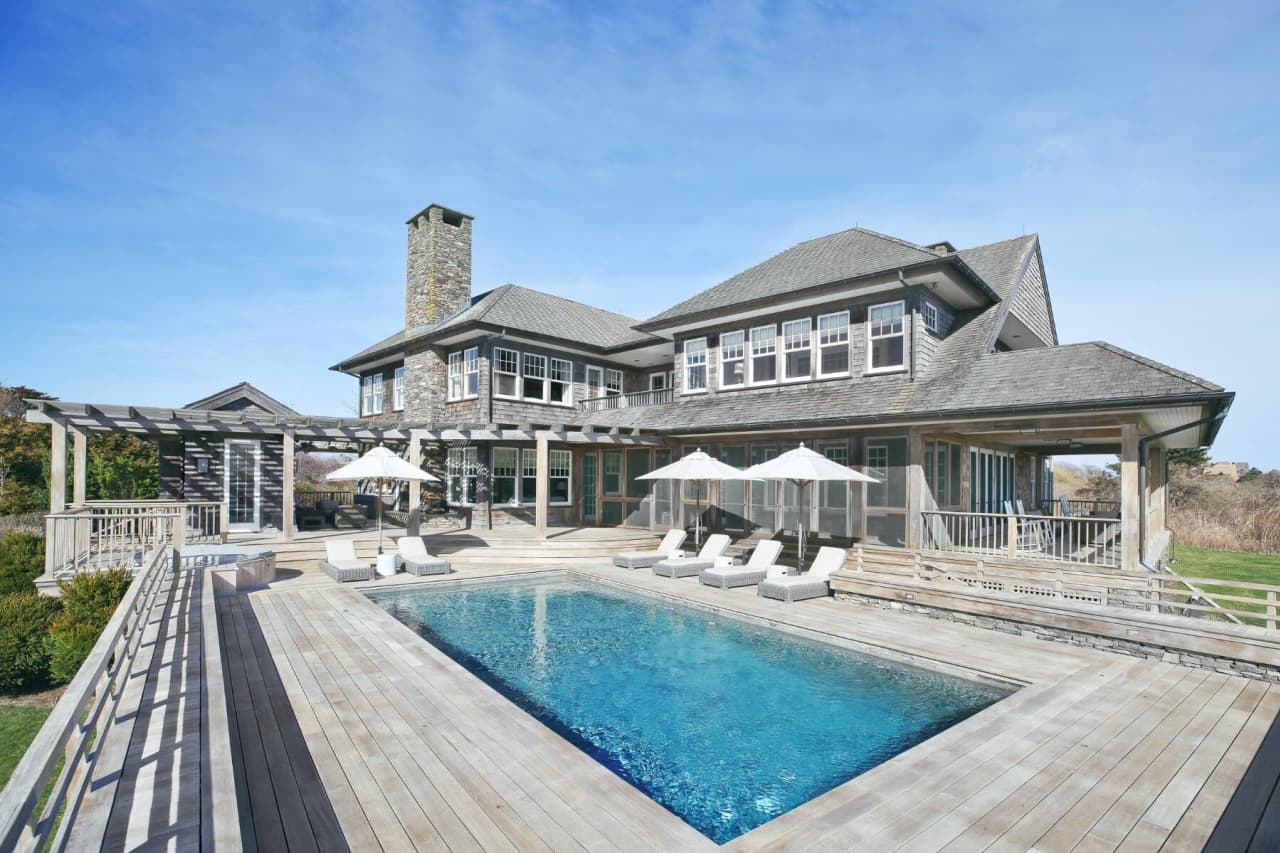What It’s Like to Retire in Istanbul
After living for 25 years in New York, a couple moved to Turkey. Despite some challenges, they are glad they did.
In 1979, my wife and I married in Detroit and immediately moved to New York City. That was our home for 25 years—until we retired and later moved to Istanbul in 2004.
Why do we live in Turkey? Turks themselves frequently ask us, often with an air of incredulity.
Even as a young child I was interested in history. It became my dream to live close to the centres of the Ancient World. I love that the district where we now live, on the Asian side of the Bosporus, across from Constantine’s acropolis, was once known as Chalcedon. The town appears on the 13th-century Mappa Mundi, whose reproduction hangs on our office wall.
But most important, we have found a sense of community here that seems increasingly rare in big cities of the West. In our neighbourhood, Moda, we walk almost every day—to our bakery, butcher and fruit-and-vegetable markets, to our restaurants and bank, doctors and barbers—all places where we are known and greeted. People stop us to say hello.
The neighbourhood is expensive by local standards, especially for housing. Our apartment cost $500,000 years ago, and we have spent $100,000 more on changes and renovations. Real-estate agents tell us that today we could ask $1.5 million if we were to sell. A monthly fee of less than $300 covers our heating, maintenance of the common areas, gardening, a large outdoor swimming pool and the salary and payroll taxes of the building’s live-in super.
Our large living-room windows look out on the Sea of Marmara and the western sky. This view is the main reason we bought our apartment. Often, cruise ships glide past, or a supertanker heading for the Black Sea. In the distance we can see the Hagia Sophia, a mighty edifice in both size and history. Built in the sixth century as an Orthodox cathedral, it later became a mosque, then a museum, only to become a mosque again in 2020.
We no longer own a car. If we can’t walk to it, there are taxis and other forms of public transportation. Istanbul’s funky street life is improvised, hectic and refreshingly unregulated. We love it and miss it when we travel elsewhere.
It’s a short walk along the seaside to the ferry that takes us to the European side of the city in 20 minutes. On the boat, vendors pass through with tea and juices. Where we disembark, more vendors sell roasted chestnuts, mussels with savoury stuffing, roast corn, and fish sandwiches. Old men sell lottery tickets, and fortunetellers use live rabbits to select slips of paper of the kind found in fortune cookies.
We didn’t choose Turkey seeking an inexpensive lifestyle, but it is what we were lucky to get. Because our income is in dollars, the plunging value of the Turkish lira has worked in our favour despite high inflation. The two of us can have a full meal without alcohol in a fine restaurant for about $25. Turkish cuisine is good and plentiful in our neighbourhood restaurants, but Chinese, Japanese and Italian dishes have become options, too.
It has been relatively easy to make friends with Turks and fellow expats. We have a social life that is easy and rewarding. Many of our friends are younger than us and are a great help at times—particularly in dealing with government bureaucracy.
To live as foreigners in Turkey requires a residence permit that the government renews every two years. It’s a Byzantine process—we can truly say that here—that is never the same twice and can become fraught with tension as we try to figure out and obtain the changing documentation required. At times like this, it is good to have a Turkish friend to help us.
We exercise at our local gym, where I pump iron three mornings a week and my wife, Kay, does Pilates. Healthcare has become a large issue as we’ve grown older. For some years I had private insurance equivalent to what I would have had in the U.S. Although Kay, who is eight years younger than I am, remains insured through the same company, that insurer cancelled me when I turned 75. Since then, I have paid my healthcare costs in a private hospital out of pocket. The wonder is that I’ve gotten first-class healthcare, including an important operation, for a cost we could easily afford. I’ll add that Istanbul’s private hospitals are very modern, comfortable and easy to navigate.
We feel safe here. It is a comforting thing to be able to walk through our neighbourhood, even at night, without fear. The city historically has been subject to destructive earthquakes, such as those that recently ravaged parts of southeastern Turkey and Syria. But, so far, we’ve experienced no tremors of any consequence.
The winter here is rainy and cold, but it rarely freezes. Spring and autumn are long, and there is plenty of heat in July and August.
There are, to be sure, some challenges.
Although public transportation is plentiful, it can be maddening as well. The system lacks the same convenience one finds in a city like New York.
Turkish isn’t a simple language to learn—at least for us. Partly this is the fault of our ageing brains and hearing. But I also find that Turks are prone to speak quickly.
As for shopping, while international products are more available than before, our choices are still limited. Also, many products are of a lesser quality than what we were used to in the U.S.
We have to manage our financial affairs by long distance, and this can be frustrating at times.
Finally, while the internet and email are great, we miss not seeing our friends and family in the U.S. more often.
On balance, though, we are more than satisfied with our lives here. Our travels have taken us to many countries, and we know that no place is perfect.
Retirement gives one the opportunity to discern the themes and through-lines of our lives. As I reflect on the key choices I’ve made in life, I realise that what I’ve chosen most often is a sense of freedom and a variety of experience. Our expatriate life is one of those choices.
 Copyright 2020, Dow Jones & Company, Inc. All Rights Reserved Worldwide. LEARN MORE
Copyright 2020, Dow Jones & Company, Inc. All Rights Reserved Worldwide. LEARN MORE
This stylish family home combines a classic palette and finishes with a flexible floorplan
Just 55 minutes from Sydney, make this your creative getaway located in the majestic Hawkesbury region.
A new report on the impact of cost of living pressures reveals a stark contrast between age groups in investment strategies
Four in five Australians say they have changed their investment and savings goals over the past 12 months, with 44 percent doing so primarily to make ends meet during the cost–of–living crisis. A further 25 percent say they’ve switched strategies to protect their wealth against inflation, according to a new survey by financial advisory firm, Findex.
The Superannuation and Retirement Insights report shows Australians have also changed their goals to grow their wealth (31 percent), to create a regular income stream (29 percent) and to reduce taxes (17 percent). Transferring wealth to their children or other family members has motivated 10 percent of Australians to alter their investment plans, which is likely reflective of the increasing role played by the Bank of Mum and Dad in young people’s first home purchases.
The report found that traditional investment avenues, such as property and superannuation, remain the most popular choices, with more than eight out of 10 survey respondents ranking these asset classes highly. But there is also an increasing inclination towards investments that offer the potential for quicker returns, additional perceived safety, and better liquidity or accessibility to funds.
Eighty percent of survey respondents also nominated bank savings as among their top five investment choices right now, followed by shares (66 percent) and cash (51 percent).
“This shift reflects a broader strategy to mitigate current financial uncertainties, balancing the pursuit of long-term wealth accumulation with the need for immediate financial security,” the report says.
While superannuation is considered a cornerstone investment for retirement and long-term wealth accumulation, 85 percent of Australians are exploring investments outside superannuation. The most common investments outside super are bank savings (64 percent), property (38 percent), cash (35 percent) and shares (34 percent).
However, when the data is broken down by generation, stark differences are revealed in how each age cohort chooses to invest their spare income and why.
Most popular investments outsider super and the motivations to invest by generation
Baby Boomers (born 1965-1964)
Outside superannuation, Baby Boomers prefer to invest in bank savings (60 percent), property (50 percent) and shares (46 percent).
By far, their primary motivation for investing is planning for retirement (80 percent). They also want to build wealth (51 percent) and support their children or other family members (25 percent). Other motivations include preserving wealth to beat inflation (22 percent) and paying off a mortgage or other debt (20 percent). They are the least likely generation to be saving for an investment property.
Gen Xers (born 1965–1980)
Gex Xers prefer to invest in bank savings (57 percent), property (43 percent) and shares (36 percent).
They are motivated to invest for retirement (66 percent), to build wealth (50 percent), to save for emergencies (36 percent), and to pay off a mortgage or other debt (30 percent). Interestingly, Gen X is the generation most concerned with supporting their children or family members (33 percent). This may be because Gen Xers have grown up during Australia’s long-standing property boom that began in the late 1990s and continues today.
Millennials (born 1981-1996)
Millennials have the strongest interest in bank savings as an investment avenue (70 percent), followed by property at 41 percent. They also like cash (35 percent) and shares (33 percent). Millennials have the highest uptake of exchange-traded funds (ETFs) at 21 percent. ETFs are a relatively new type of asset class, with the first ones trading on the ASX in 2001. ETFs are a basket of shares that can be purchased in a single transaction for instant diversification. Millennials are also the generation most interested in cryptocurrencies, with 22 percent invested.
Their biggest motivations for investing are to build wealth (55 percent), save for emergencies (50 percent) and plan for retirement (49 percent). They also want to support their kids (32 percent) and pay off their mortgage (32 percent). Millennials are the generation most likely to be saving for an investment property (28 percent) rather than a first home (17 percent).
Gen Zs (born 1997-2009)
Gen Zs spread their money across more asset classes than their elders. They like investing in bank savings (66 percent), cash (42 percent), shares (22 percent), ETFs (17 percent), property (14 percent) and cryptocurrencies (13 percent).
While Gen Zs are the youngest age cohort within the survey, they also have long-term goals just like their elders. The biggest motivation to invest among Gen Zs is to build wealth (52 percent). More Gen Zs are saving for a first home than any other generation, with 42 percent pursuing this goal. They are also the generation most concerned with preserving wealth to beat inflation (29 percent). Gen Zs also want short-term security, with 46 percent saving for emergencies. They’re also the generation most likely to be saving for other major purchases like a car or holiday (41 percent) and investing just for enjoyment (26 percent).
This stylish family home combines a classic palette and finishes with a flexible floorplan
Consumers are going to gravitate toward applications powered by the buzzy new technology, analyst Michael Wolf predicts



